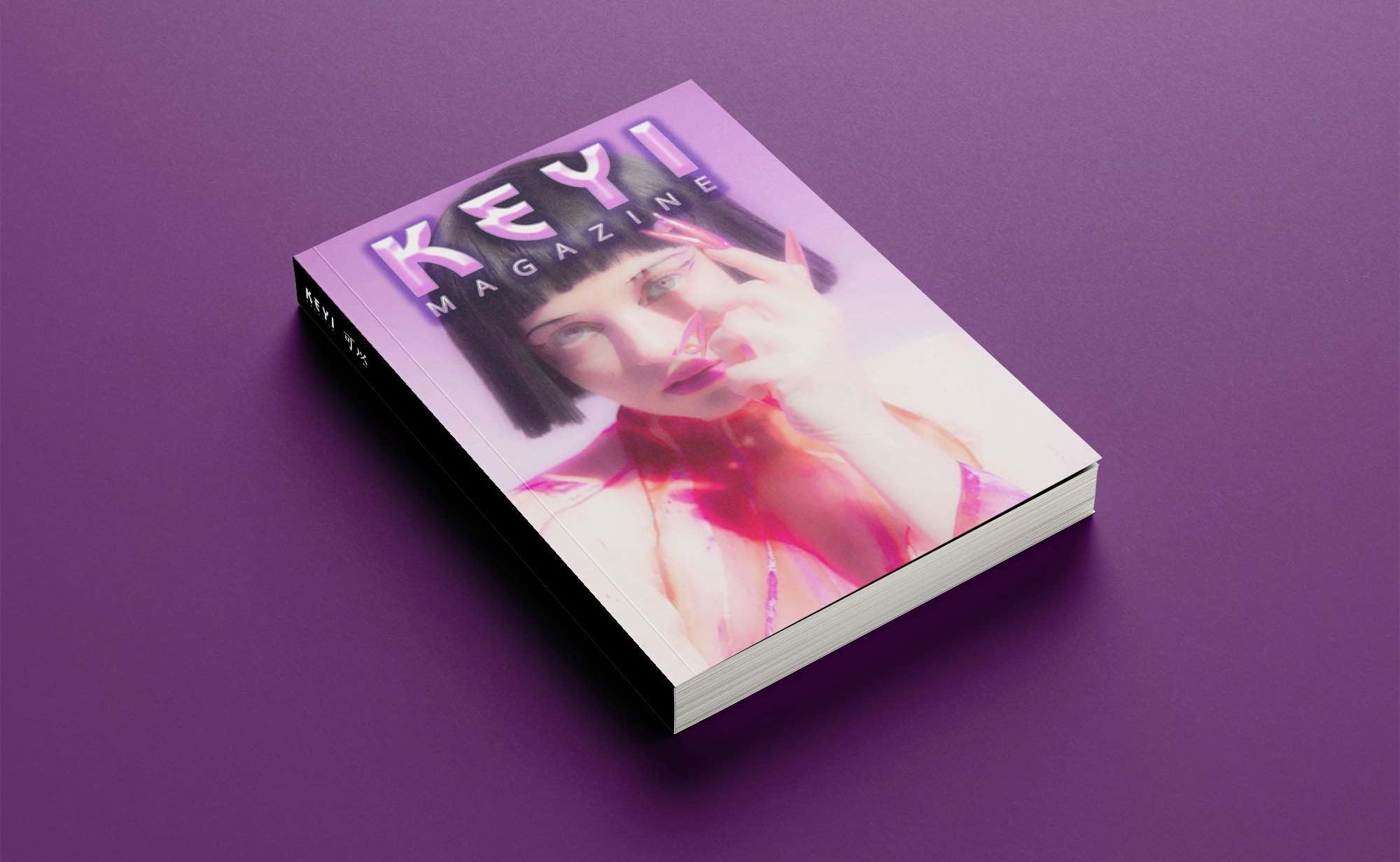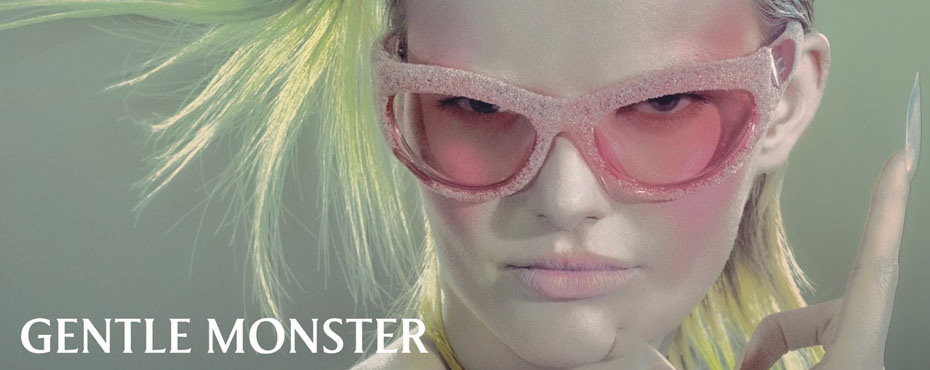Alexa Borzyk’s path into electronic music didn’t begin in clubs, but at psytrance raves and it’s this DIY spirit that continues to shape her today. With roots in classical violin, her music moves between structure and spontaneity, technical precision and emotional release. After formative years in Montreal’s club scene and Berlin, Alexa is now based in Paris, where she leads her own label ANÉMONE. We spoke with Alexa about heartbreak as creative fuel, field recordings as emotional texture, and how she envisions ANÉMONE as a growing space for experimentation, community, and long-term artistic evolution.
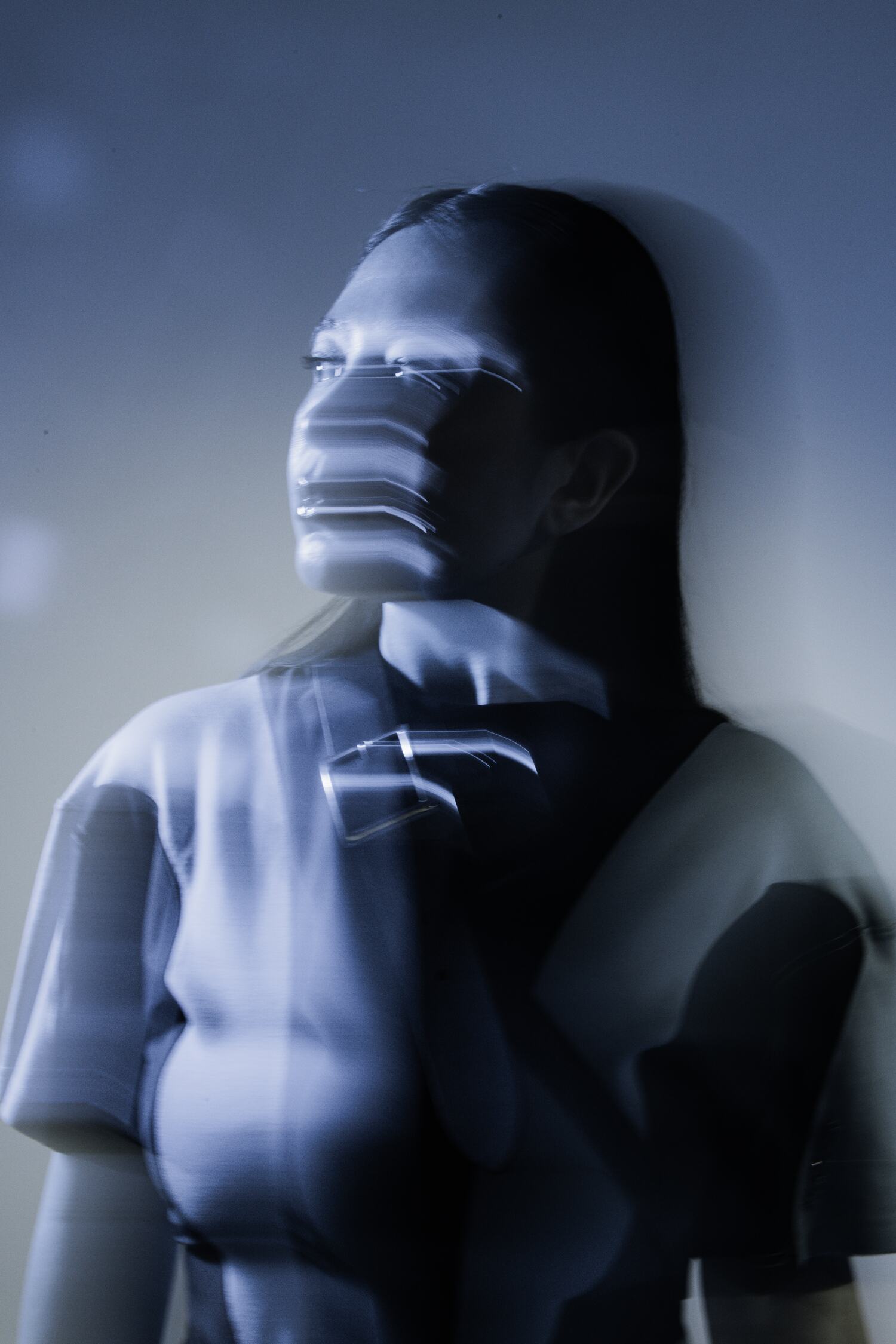
You started out playing violin and guitar. Does that early classical training still echo in your DJ sets and productions today?
I started playing violin around age eight, it was very structured, traditional, and performative. But after a few years, I felt isolated. None of my friends were into it, and I didn’t see myself in that world, so I stopped. Then I picked up the guitar, but this time, I taught myself. No rules, no formal lessons. That switch, from discipline to total freedom, shaped how I approach music to this day. When I DJ, there’s still that balance between control and release, between precision and intuition.
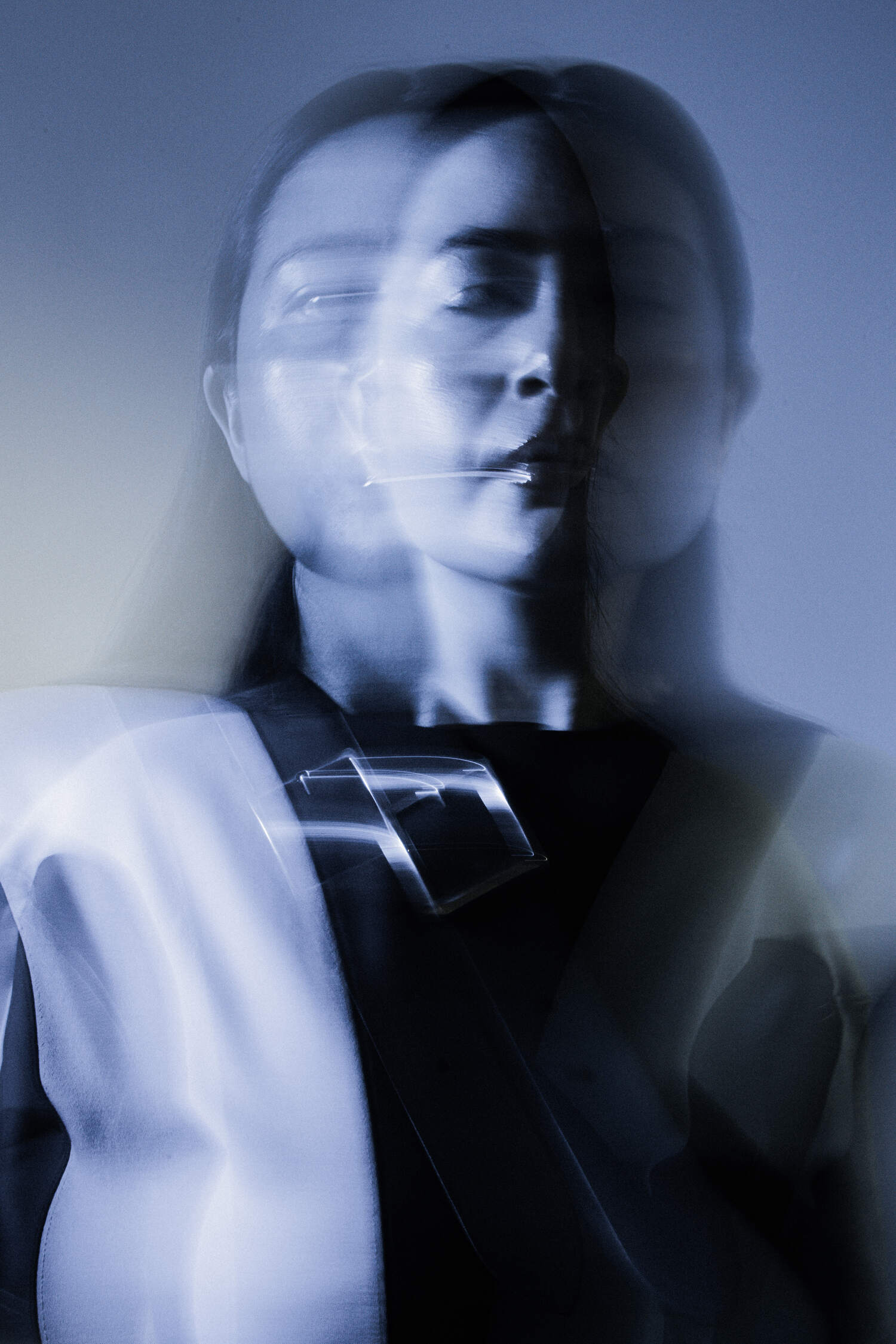
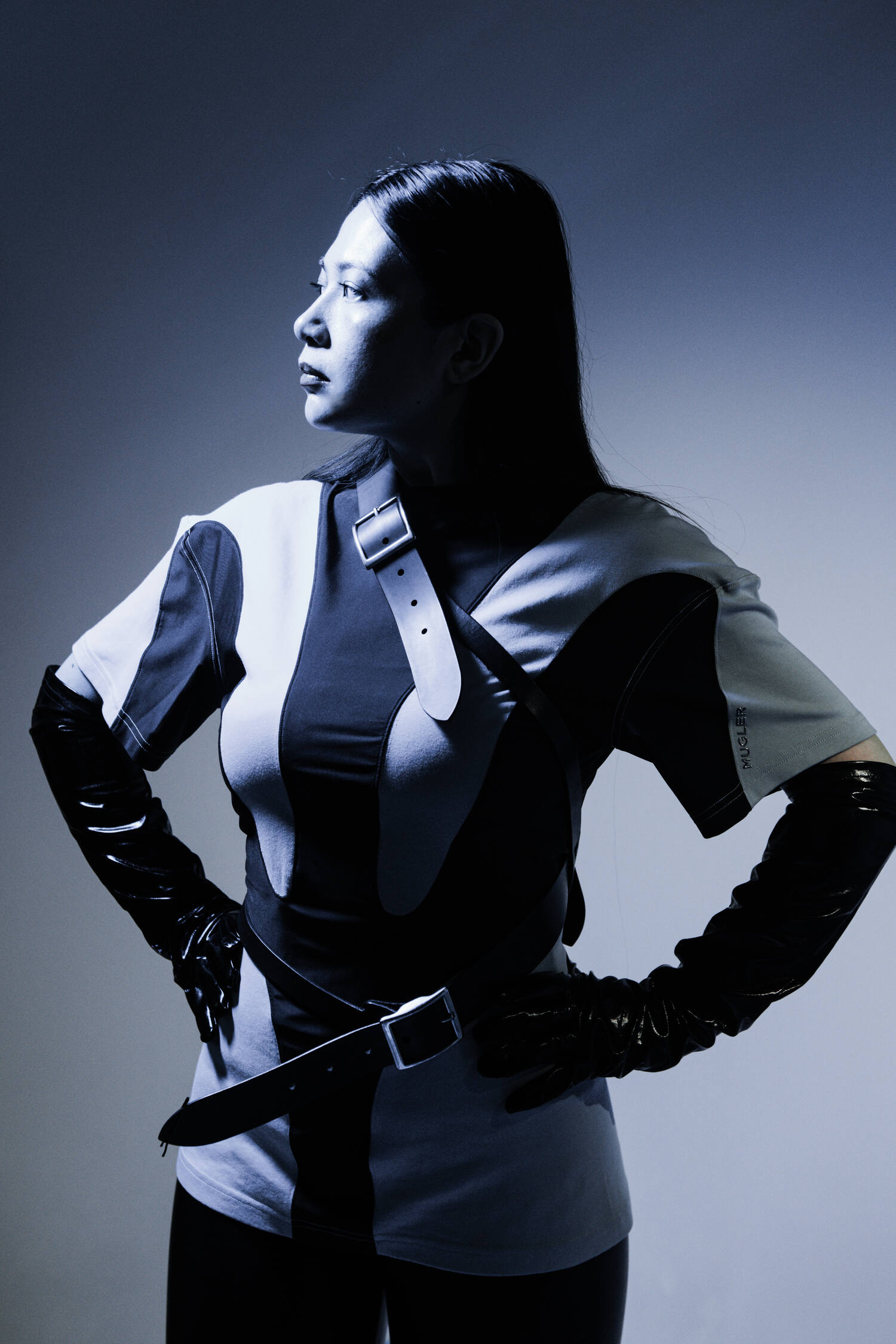
Alexa how did you first get into electronic music?
It actually wasn’t through clubs. In high school and early college, my best friend at the time started organizing psytrance raves. That’s how I got pulled into it. She taught me the basics, how decks worked, how to mix, and from there, I got my own setup and started practicing obsessively. It marked the beginning of my involvement in the scene. Over the years, my role evolved from attending events to working at them, promoting events, which led to collaborating and befriending other promoters in the community.
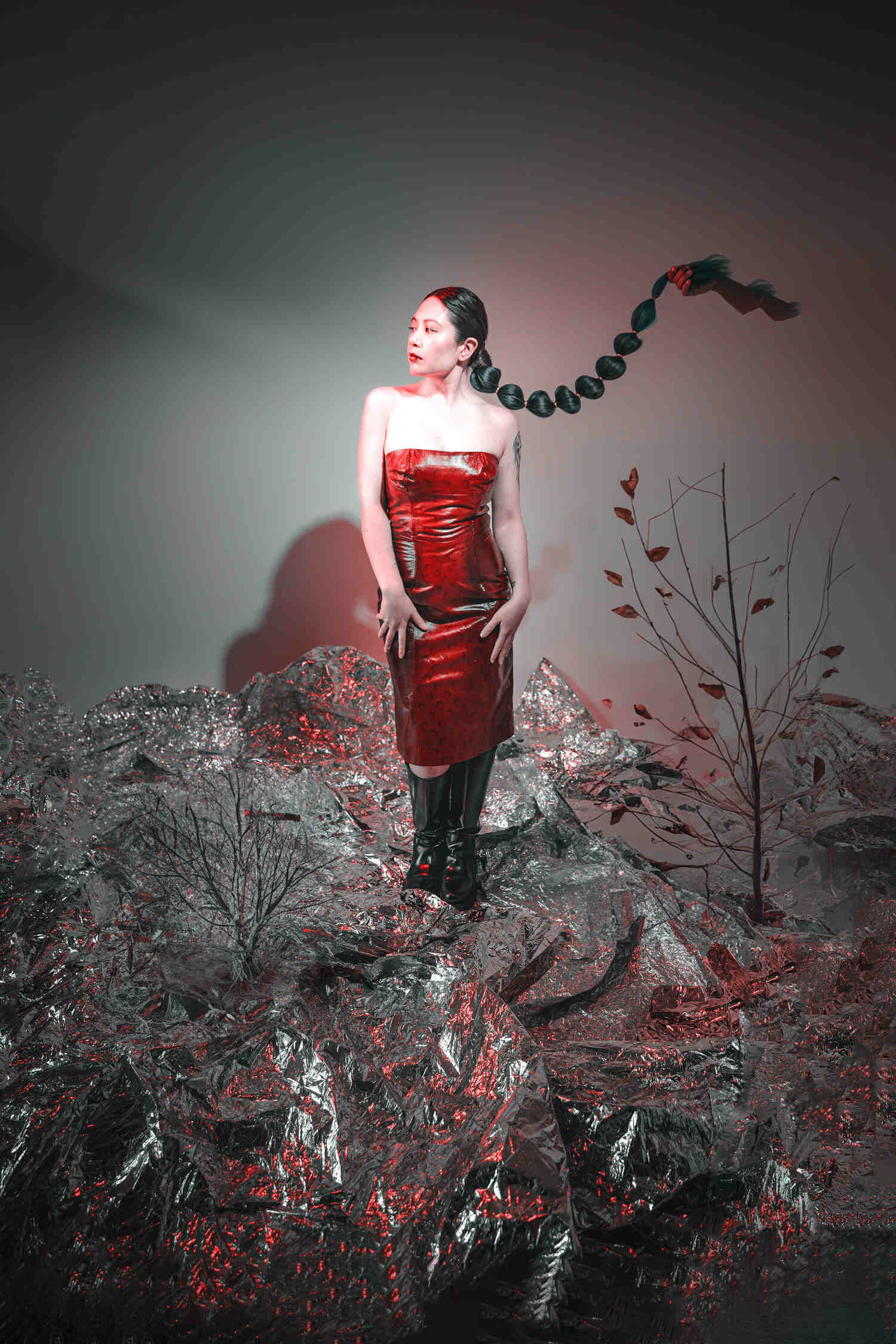
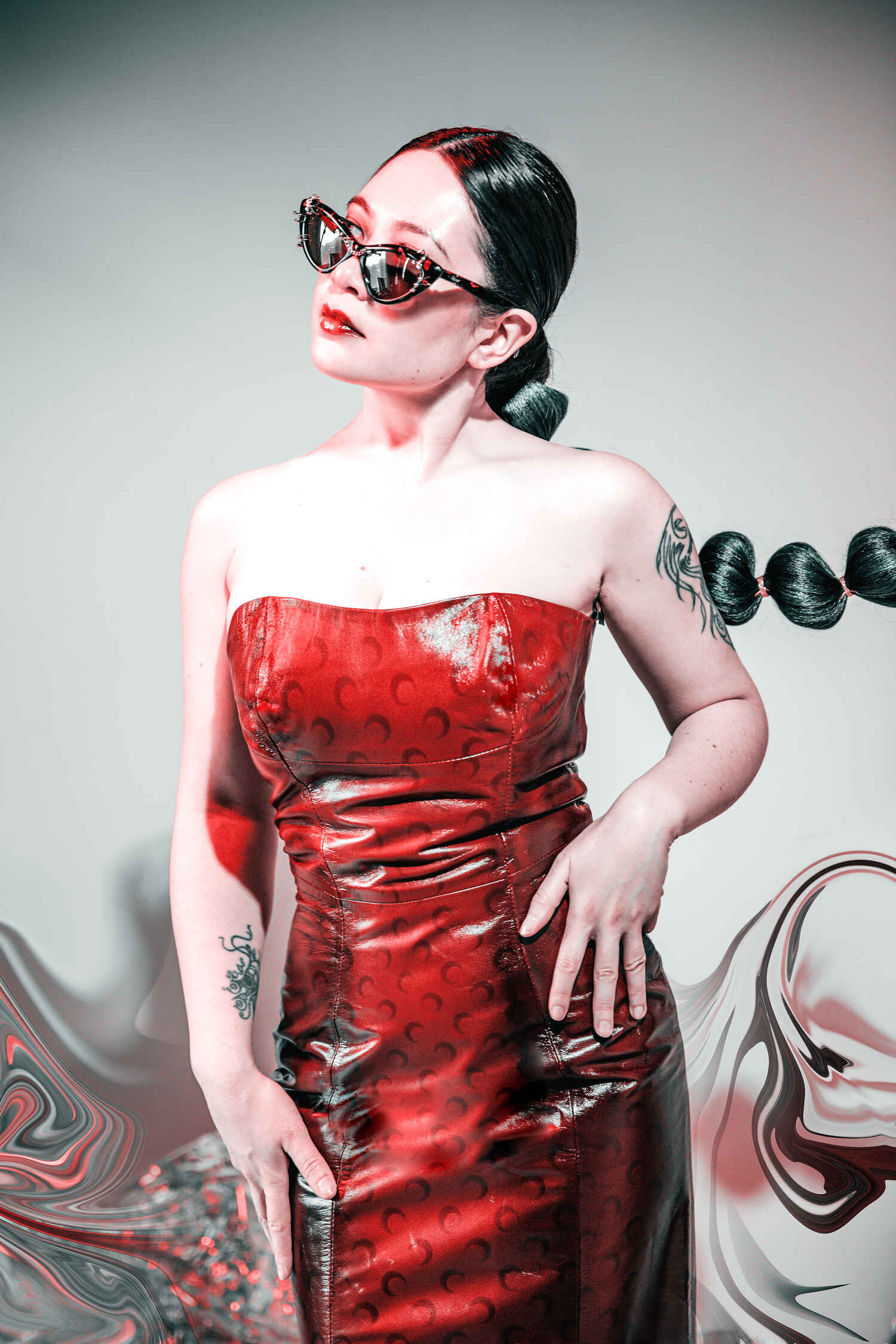
Would you say you’re mostly self-taught when it comes to DJing and production?
Yes, mostly for DJing. I learned a lot through friends, much growth came from solo experimentation. I would dig through psytrance tracks and spend hours trying to understand what made them work. When I started to DJ, it started as an interest and past time as I was in nursing school when I discovered that world. I didn’t even know which genre I wanted to commit to, techno, house, trance. I wasn’t tied to a specific genre. For production, I started learning how to use Ableton in 2019 and took formal production classes between 2020 and 2023 to deepen my skills.
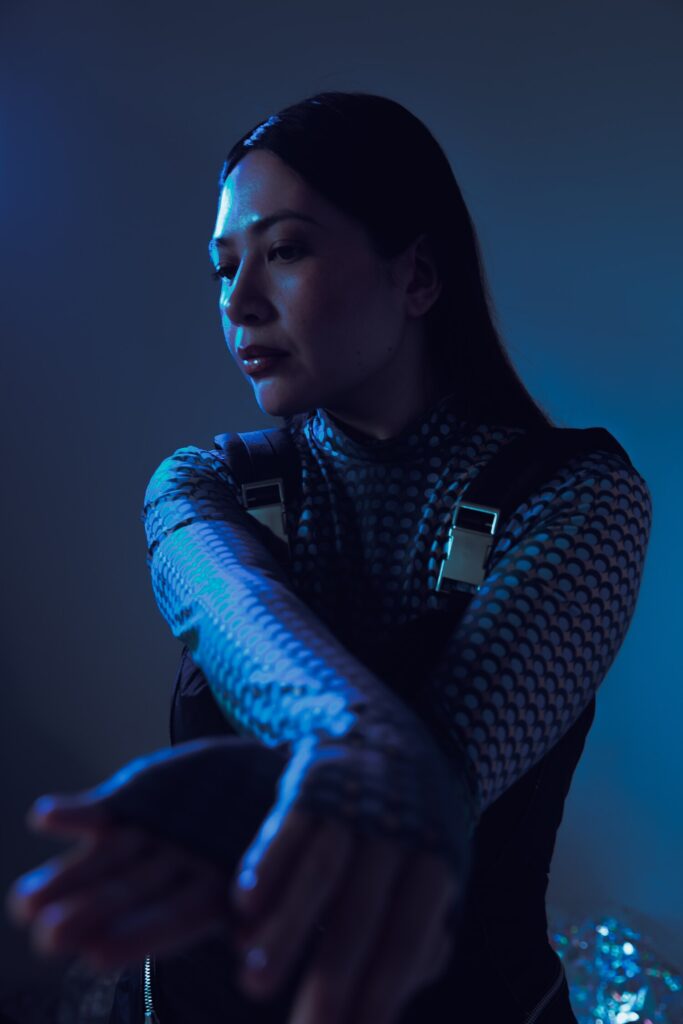
You’ve lived in Montreal, Berlin, and now Paris. How did these places influence your sound?
Montreal is where it all started. I first discovered the techno sound at Salon Daomé, then moved on to Stereo, which really marked a turning point. That’s where I got into darker, more intense techno. At first, I was into more mainstream stuff, but gradually I dug deeper into the underground. My music library expanded, from minimal house to acid and industrial techno and that definitely shifted how I approached my sets and productions. Berlin later exposed me to more hypnotic, minimal textures. Over the last couple of years, I’ve really refined my direction, leaning into 80s acid and techno in the vein of Amelie Lens or Regal. That’s where I feel like I’ve found my voice. Moving to Paris was unforeseen in my plan, I’d say lately, since it’s been 2 years since I’ve really been actively performing, my sound and identity have evolved. It’s a place where a new chapter has opened.
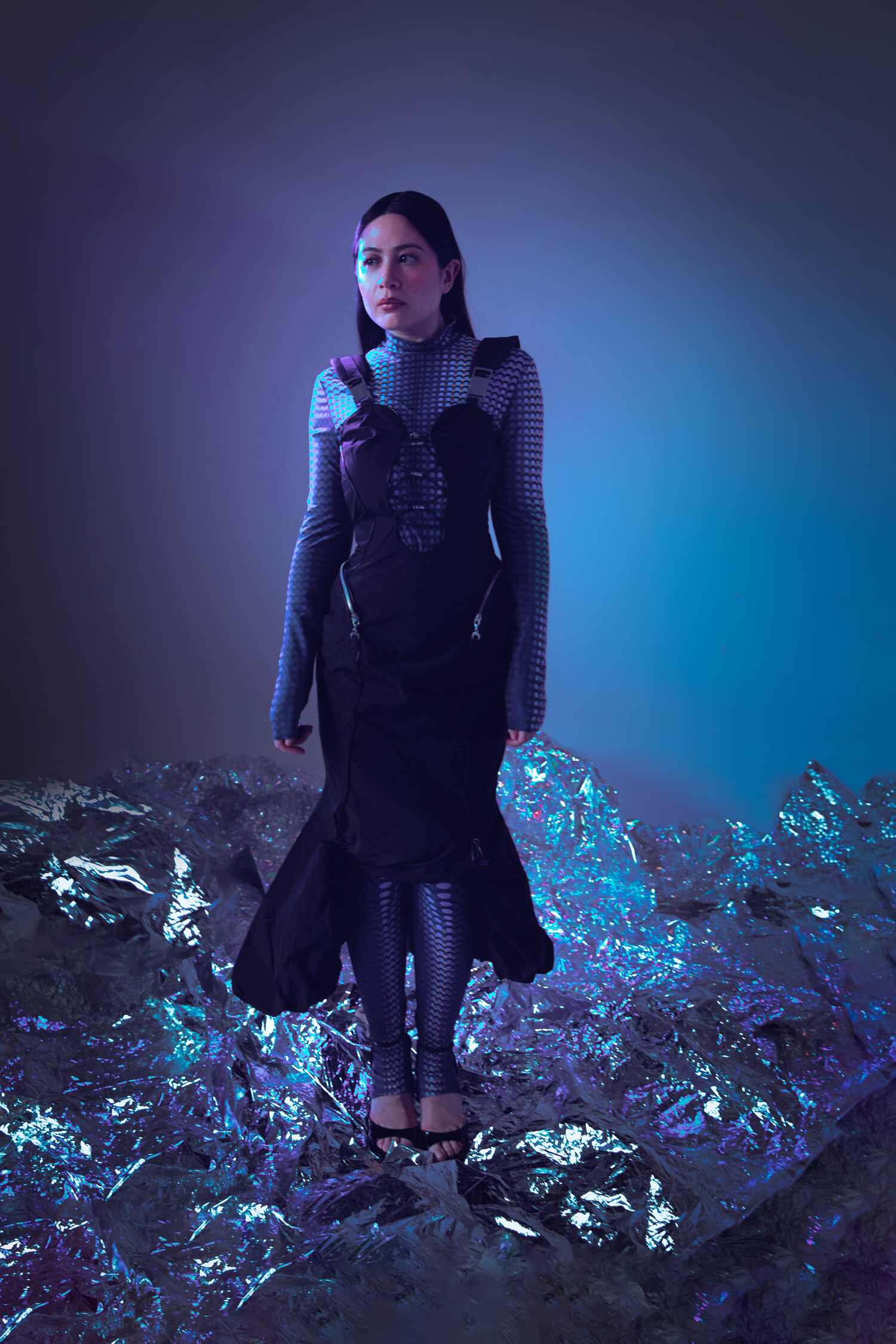
How do you feel about the contrast between clubs and festivals? You’ve played intimate rooms, but also massive stages like Tomorrowland.
Honestly, I think I prefer festivals. They feel more open, people come ready to discover, rather than expecting one sound or vibe. There’s a kind of lightness to them. Of course, clubs have their own magic, especially in cities like Berlin or Montreal..any city. But festivals offer a different kind of freedom, especially outdoor ones. It’s a different energy. I’ve played local festivals in my hometown such as Piknic Electronik, Igloofest and Illusion Festival. They were always the most memorable but after I played at the Rave Cave at Tomorrowland, it changed everything for me.
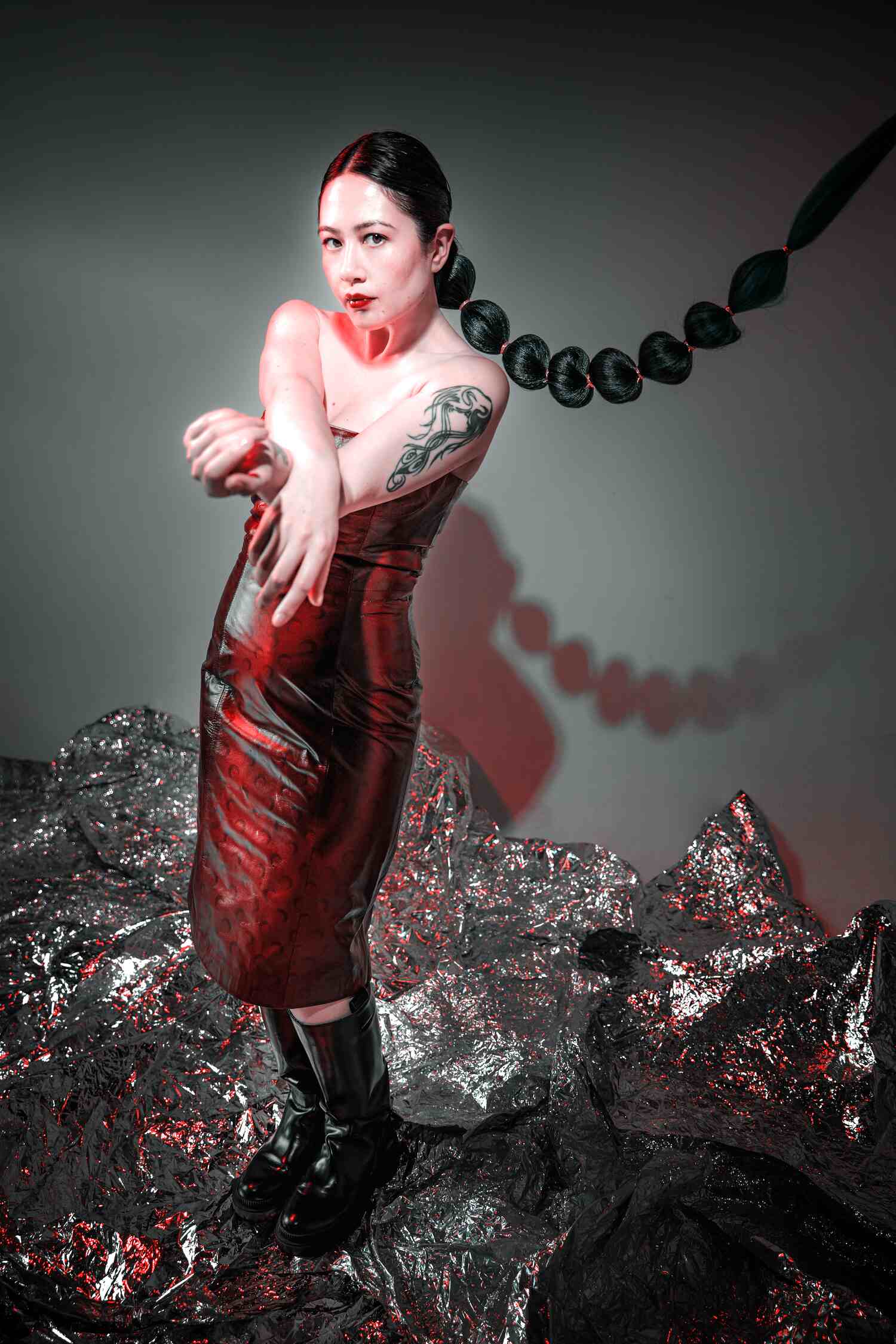
Alexa, your EP Anemone was deeply connected to your time in Berlin. Do you still feel that influence in your music today?
Definitely. Berlin was my first real move abroad, completely alone and it changed me. That first year was tough; I didn’t party much. At this point, my gig at Tomorrowland became “the” gig and that part of me was put on hold. I was just surviving. I moved four times, worked constantly, and started producing seriously in the sense that I went inward to find a unique sound and learned engineering aspects of production. It was a quiet but essential period. I found myself becoming more connected with the history of the city. I developed a deep interest in visiting museums, exploring historical sites, and reflecting at memorials. The experience felt especially meaningful because of my own family history. My paternal grandparents were of Belgian and Polish heritage and had fled war-torn Europe after World War II. While I wouldn’t necessarily describe my time in Berlin as a journey of finding myself, it did feel like I was reconnecting with a part of my roots. I focused my energy on nature and wellness and as I did that, I got deeper into sound design, into understanding how to sculpt my own textures more than in previous works. My releases on Coincidence Records reflect that era much more than my earlier, Montreal-based work. This new sound shaped the journey that led to the development of my label ANÉMONE.
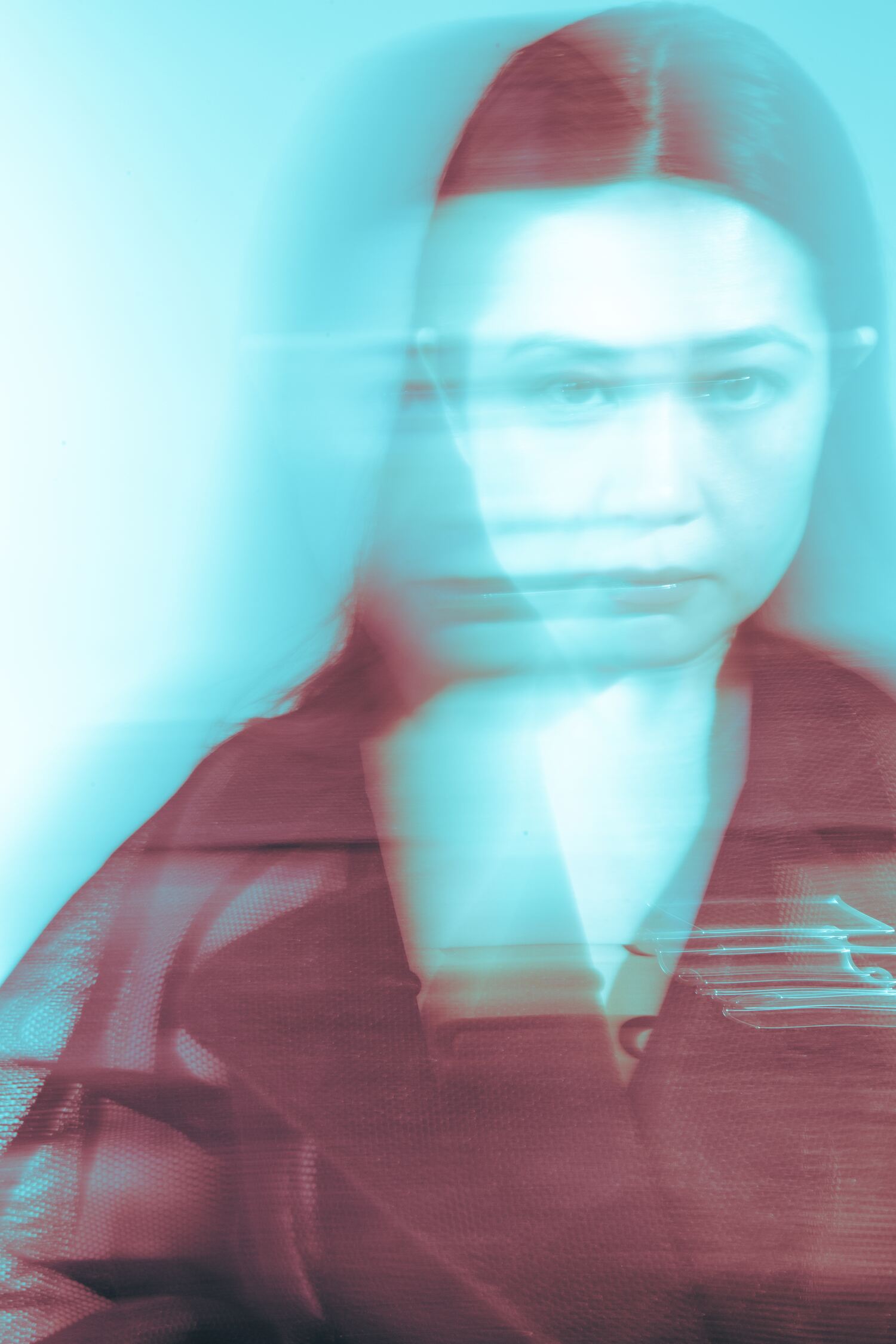
Your tracks have this very textured, modular quality. What’s your production process like—do you work with analog gear, or is it mostly digital?
Mostly digital. I work on Ableton with a MIDI keyboard, and I love using field recordings. A lot of what you hear in Anemone actually comes from processed street sounds, stuff I recorded on the streets and indoors of Berlin and manipulated in Ableton. That’s how I get that grainy, tactile quality. It gives the music a sort of memory, a texture you can feel.
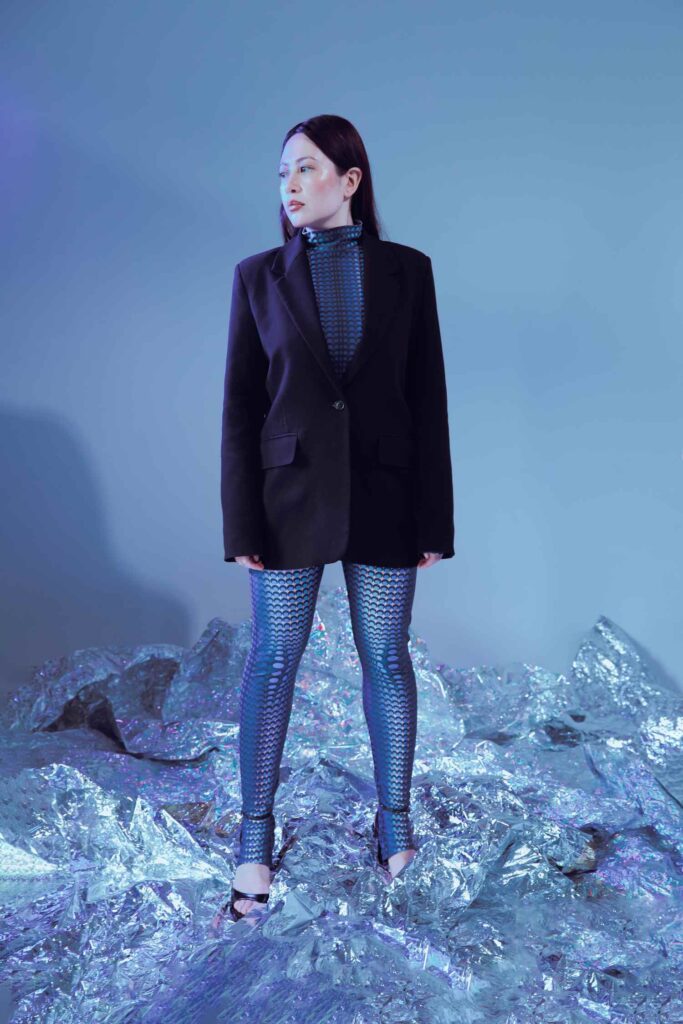
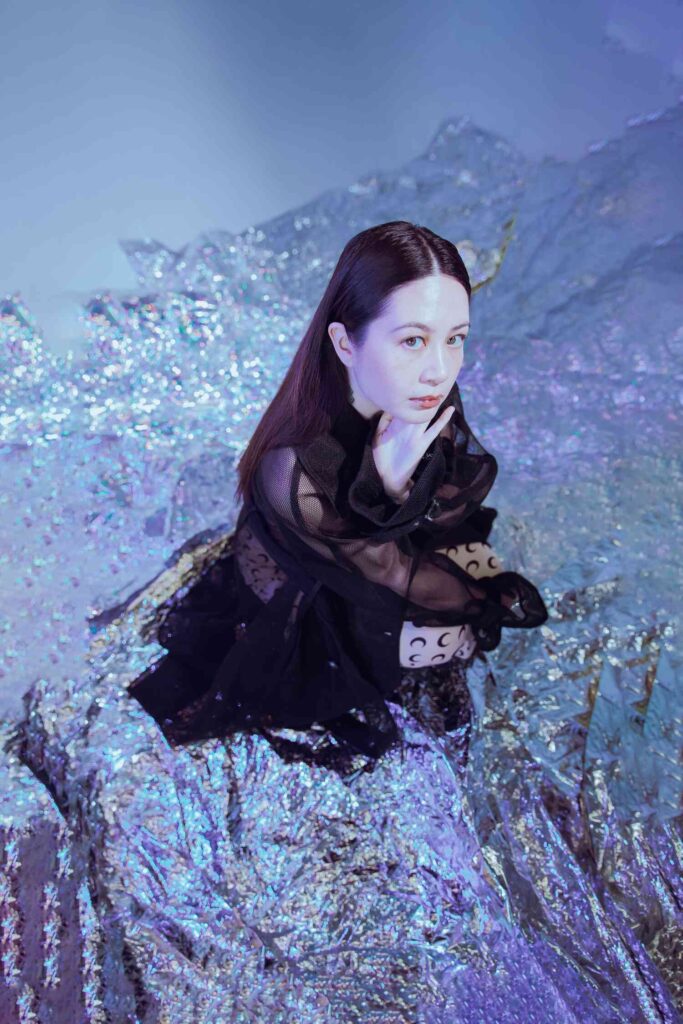
There’s something emotionally raw in your tracks, especially in the vocals and synth work. Is producing a kind of emotional release for you?
Yes, 100%. Music has always been a way for me to process emotion. During some of the harder moments in Berlin, producing was a way to channel anxiety, confusion, even grief. I also write a lot, journaling, free writing, and that often transfers into vocal inspirations. Sometimes I’ll take a line from my notebook and build an entire track around it.
Alexa, can you tell me more about the vision behind your label Anemone?
ANÉMONE is like a story book, the concept behind it is emotional storytelling meets rave. In this universe, techno is more than just music, it’s a love story. The community grows from these shared experiences and how it’s applied in rave culture. With each release representing a chapter. It’s a limited label series that is part of a bigger universe. Each release tells the story of a phase in the love cycle of falling in and out of love.
My first EP (“It’s A Wrap”) was about breakups. It was the first release on the label that I like to categorize as an “experiment” and soft launch of the label. I’m the type of person who will take the plunge and try something and then see from experience what to do next. The first release served the purpose of learning the steps to managing a label.
This second EP, ANÉMONE, followed the story of the first release: transformation, displacement, growth after a breakup or change. I wanted people to interpret it for themselves, as for me it was moving from Canada to Berlin and now Paris, which marked a huge shift in my life, and I wanted ANÉMONE EP to represent a fresh start, a presentation of a new concept, more confident, more rooted in who I am now. Almost like, how one thing, one event or one person can just change your life forever.
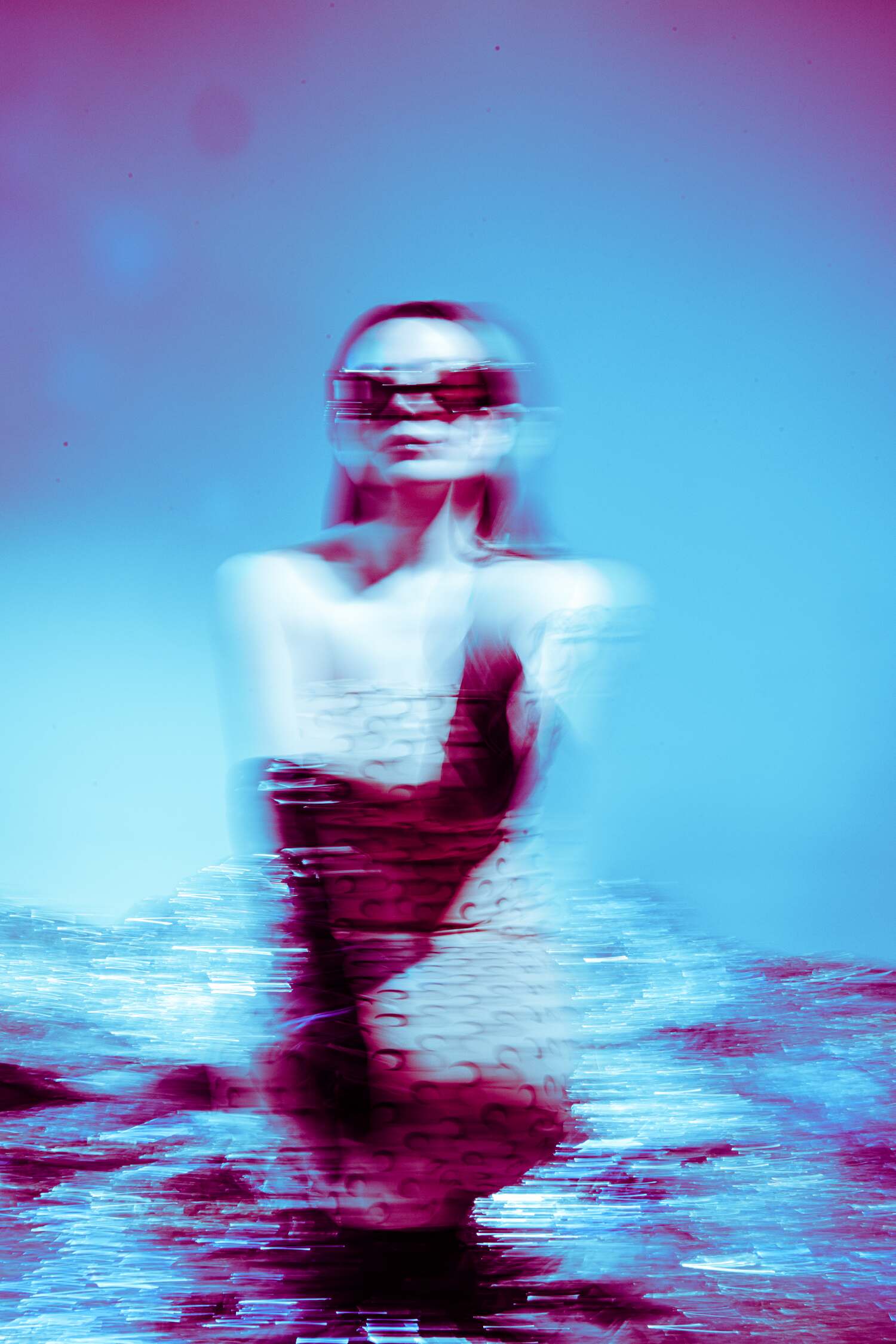
You’ve said ANÉMONE isn’t just a label, but something you’d like to grow into a broader platform. Alexa, what’s the bigger picture?
Right now I’m the only artist on it, which gives me room to experiment and build a strong foundation. But the vision goes beyond just releases. I see it becoming a kind of boutique space, with vinyl editions, workshops, collaborations and inviting other artists on it. Maybe even a physical hub someday. I’m also currently developing a radio show connected to the label. It’s still early, but for me, it’s about creating a space for community and long-term artistic growth.
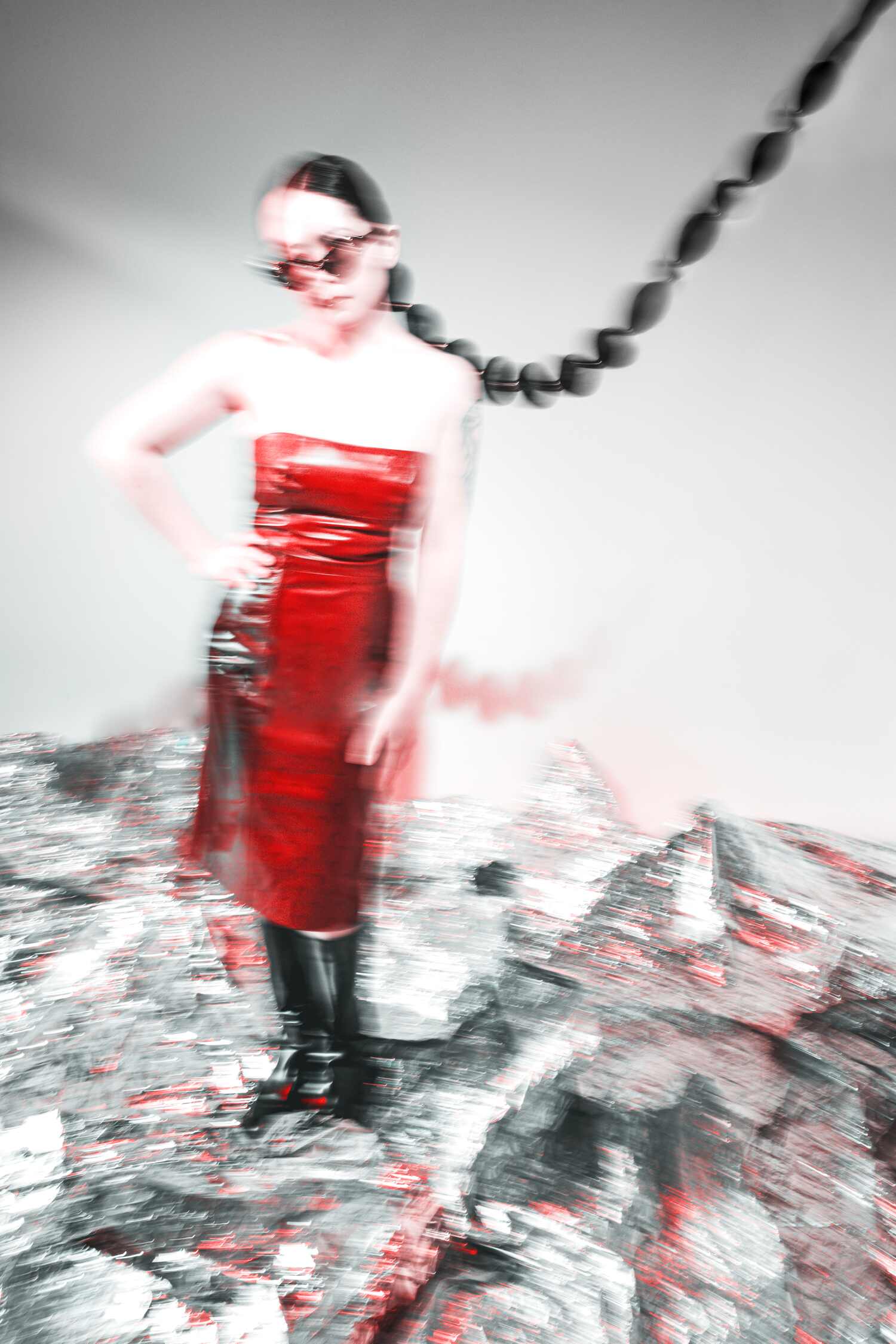
You mentioned journaling earlier, what role does writing play in your creative process?
Writing is essential for me. It’s where my ideas come from. I often journal before or after sessions, and sometimes I end up sampling my own voice, reading a passage, or reworking lines as lyrics. It helps me stay emotionally honest in the music.
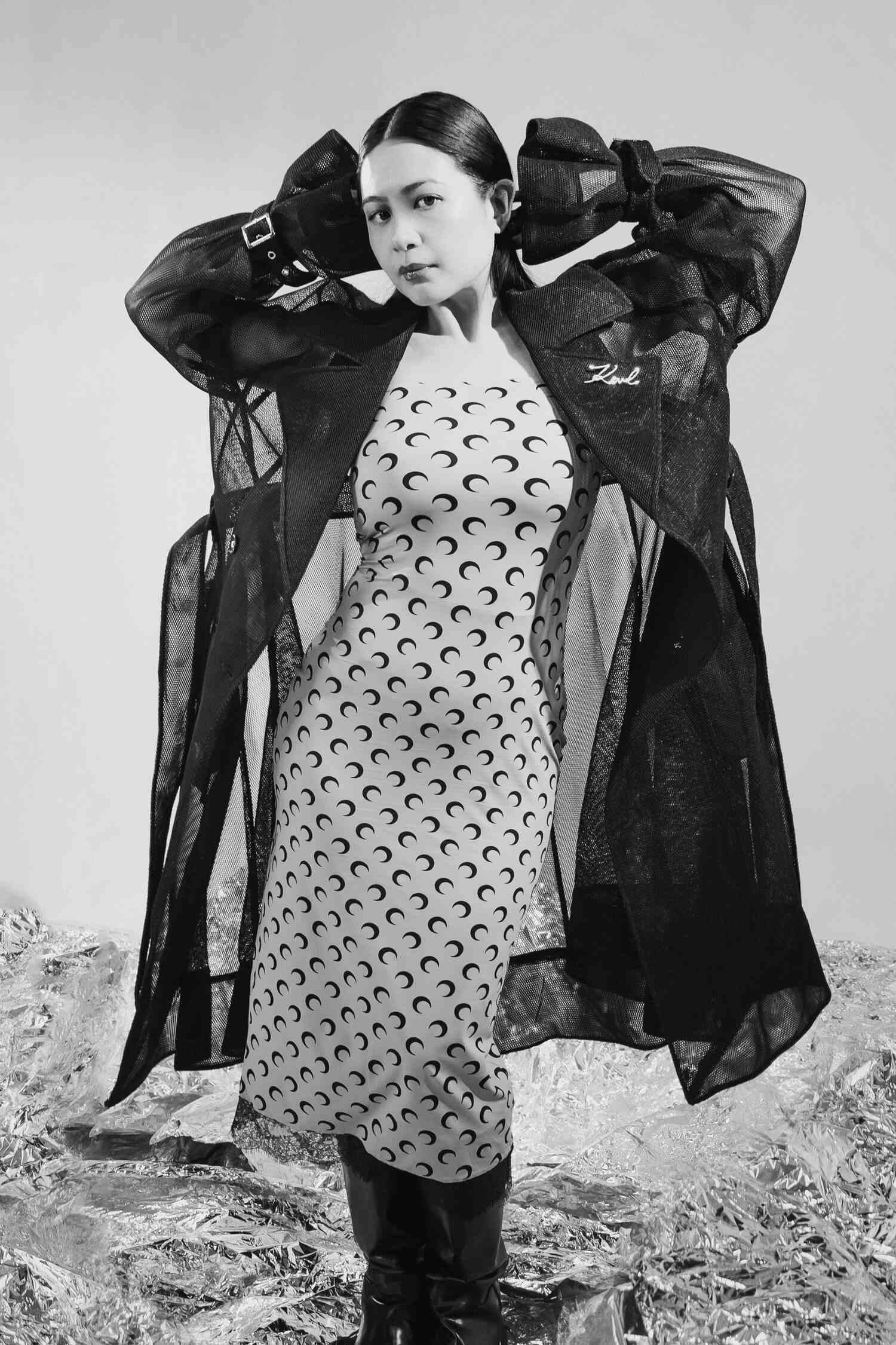
What are you working on now, any upcoming projects or directions you’re excited to explore?
I’m in the middle of developing new material for ANÉMONE, working on refining the next phase of the label. I would also start building a radio platform, and thinking about organizing small events. Right now, I’m really focusing on staying grounded, going deeper into my sound rather than constantly chasing something new. But yes, new music is definitely on the way.
Check Alexa on Instagram and Soundcloud.
Photos by KEYI STUDIO
More music content here.
Preorder our latest edition here featuring Jella Haase on the cover.
